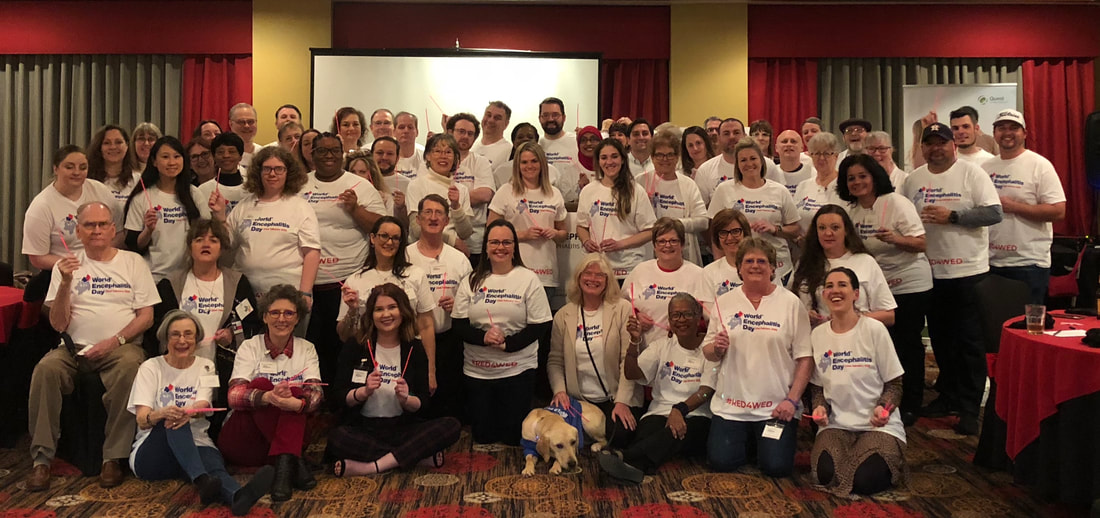each case is different
Autoimmune encephalitis (AE) is considered to be a highly treatable condition, with most patients experiencing a good clinical outcome. Still, the duration and degree of recovery differs considerably between individual patients. It can depend on factors such as:
Early and aggressive treatment is associated with the best outcomes, though individual responses to treatment can be hard to predict at disease onset. The majority of recovery generally occurs within the first several months post-treatment, with gradual and ongoing improvement continuing for 2 years and longer. Most are able to return to work or school, though perhaps with reduced hours, a modified schedule, or other accommodations. However, it is critical to keep in mind that the recovery process is unique for each individual. Lucky individuals may achieve a complete recovery in under a year; others may sustain significant long-term deficits that prevent independence and incur significant caregiver burden. It is important to work together with qualified medical professionals to assess the needs of the individual on a case-by-case basis, create an effective post-acute care plan, and establish realistic long-term goals.
- how quickly treatment was initiated;
- which treatments were used;
- quality of rehabilitative support; and
- the underlying pathogenic mechanism causing the disease.
Early and aggressive treatment is associated with the best outcomes, though individual responses to treatment can be hard to predict at disease onset. The majority of recovery generally occurs within the first several months post-treatment, with gradual and ongoing improvement continuing for 2 years and longer. Most are able to return to work or school, though perhaps with reduced hours, a modified schedule, or other accommodations. However, it is critical to keep in mind that the recovery process is unique for each individual. Lucky individuals may achieve a complete recovery in under a year; others may sustain significant long-term deficits that prevent independence and incur significant caregiver burden. It is important to work together with qualified medical professionals to assess the needs of the individual on a case-by-case basis, create an effective post-acute care plan, and establish realistic long-term goals.
typical long-term outcomes
AE leaves survivors with an acquired brain injury that improves with cognitive, mental, and physical rehabilitation. It is usually recommended that survivors have a full neuropsychological assessment completed by a neuropsychologist in order to characterize areas of deficit, develop strategies to compensate, and provide documentation for work or school accommodations. A neuropsychological assessment is also used as a baseline to help gauge the effectiveness of post-acute care strategies and the degree of recovery. Many survivors and caregivers report benefit from seeking out medical professionals such as a psychiatrist, speech language pathologist, physical therapist, occupational therapist, and naturopath for supportive/rehabilitative care.

